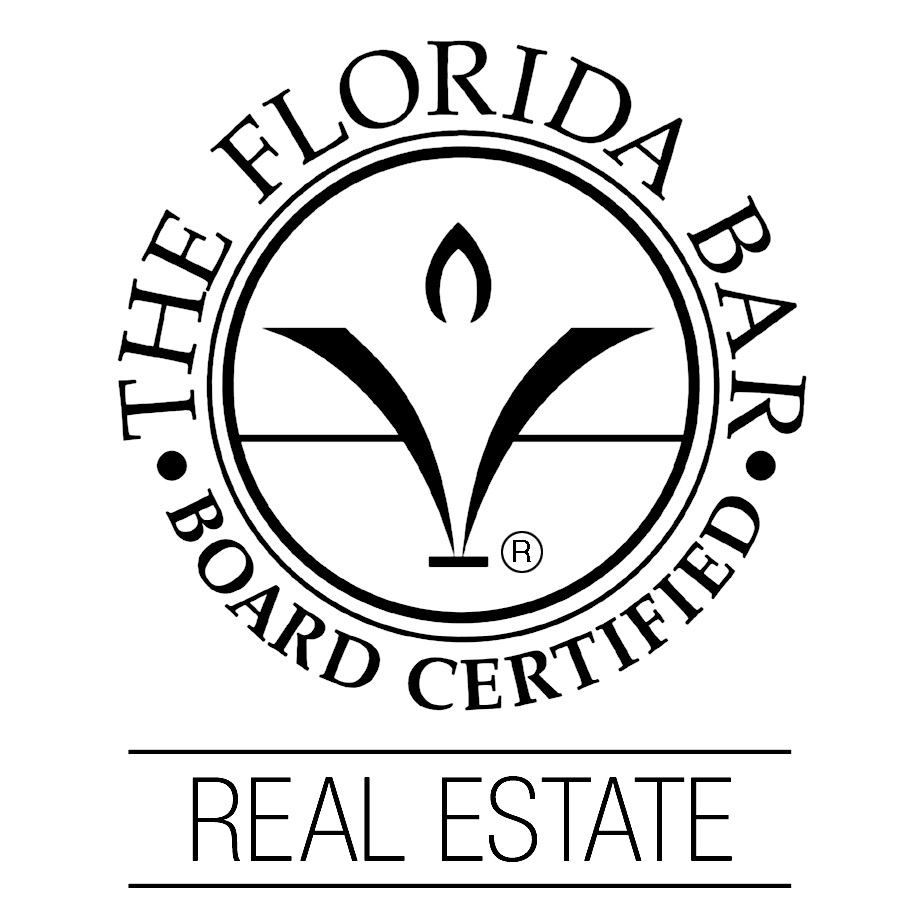Residential Real Estate Transactions & Closings
You’ve found your dream home at last. Congratulations!
Maybe you have retired from your job up north and are retiring to Florida in search of a carefree retirement. Or, perhaps you have lived here some time, but are now ready to move to a better, larger home. Whatever the reason, it is an exciting time.
On the other hand, maybe you are the person who is selling the home, and you have found what seems to be the perfect buyer who has made an excellent offer. Again, congratulations!
Whether you are the buyer or the seller, hopefully you have engaged in good faith contract negotiations, signed a well-drafted contract, and now you are waiting anxiously for the closing.

Hopefully, this is a time of excitement and positive anticipation. Whether you are the buyer or the seller, this is a major transaction, perhaps the biggest (or one of the biggest) of your entire life. At this point, everyone is hoping for the best and most trouble-free outcome possible.
And that is usually what happens. But not always.
The truth is that the time between contract signing and closing is a virtual minefield of potential problems. Buyers and sellers may come to distrust one another, or believe that the other party is not acting in good faith:
- The home inspection reveals the existence of termites. The buyer believes it is the seller’s responsibility to have the house treated; the seller declines, noting the “as is” clause in the contract.
- The inspection reveals some settlement or construction defect issues that should have been disclosed by the seller, but were not. The buyer wants out of the contract, but the seller refuses.
- The deal falls apart over some other issue. Both sides agree to back away, but the seller refuses to return the buyer’s deposit.
And that’s not all. Here are some other potential problem areas:
- Environmental issues
- Construction or repair issues
- Title defects
- Disputes about fixtures – refrigerators, ranges, lighting fixtures
There are multiple reasons why a deal that came together at contract time doesn’t make it to the closing. Sometimes disputes actually arise at the closing table.
And what about that contract, the paper you signed back at the beginning of this process? Sometimes buyers and sellers are so anxious to get the deal going that they don’t pay the level of attention to the contract details that, if properly drafted, could avoid a number of potential problems. Even Far/Bar contracts need to be closely reviewed.
Successful real estate transactions occur because both buyers and sellers bring highly trained and experienced advisors into the process. And they do it early, which is preferable to calling in professional advisors after problems arise.
Lieser Skaff attorneys are very experienced in real estate law, which means we can lead you through the complicated morass of real estate law and help you avoid the traps that can ensnare you at many junctures of the process.
The purchase or sale of a home is a major event – choose the right law firm to help you through the process.